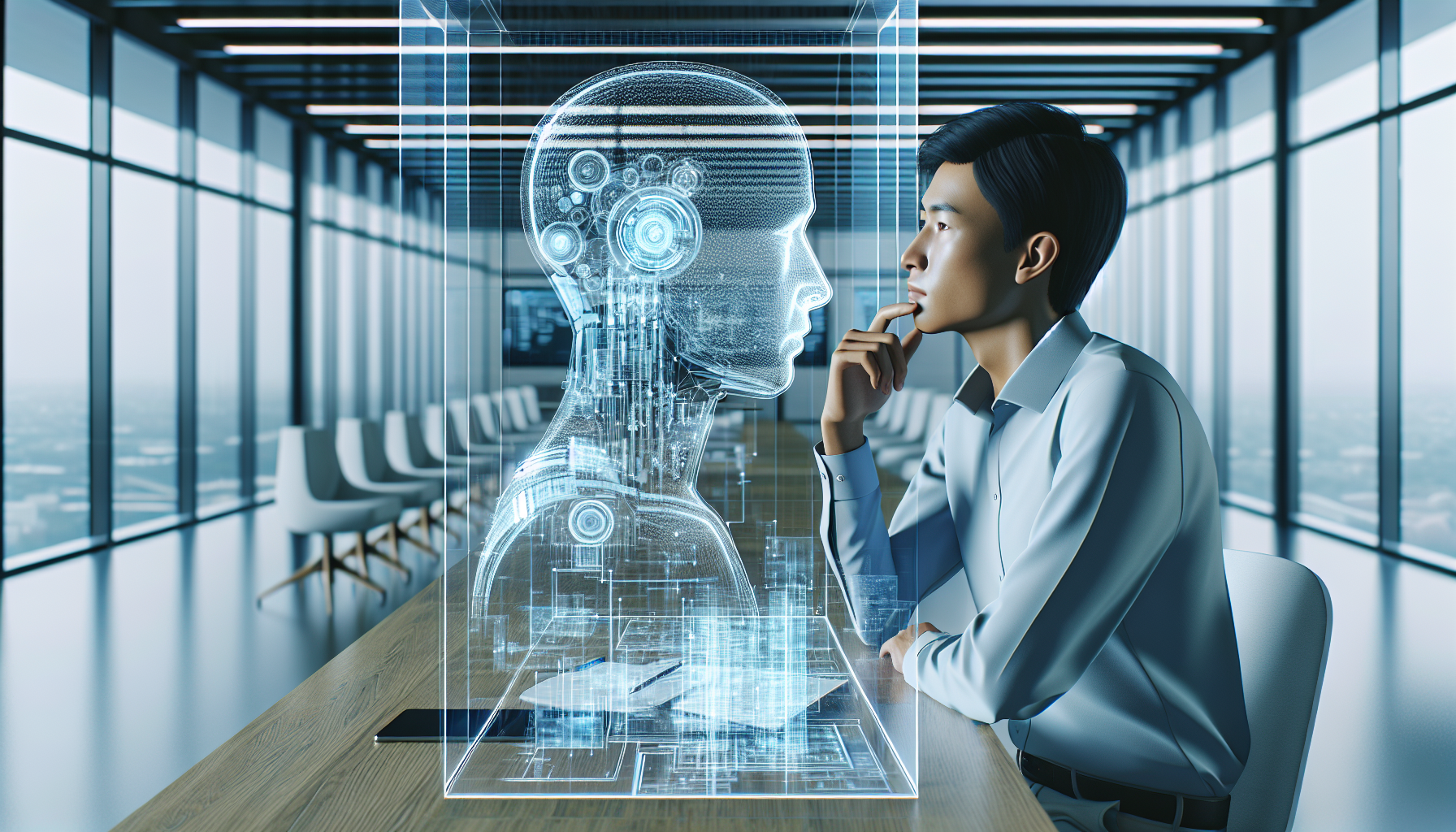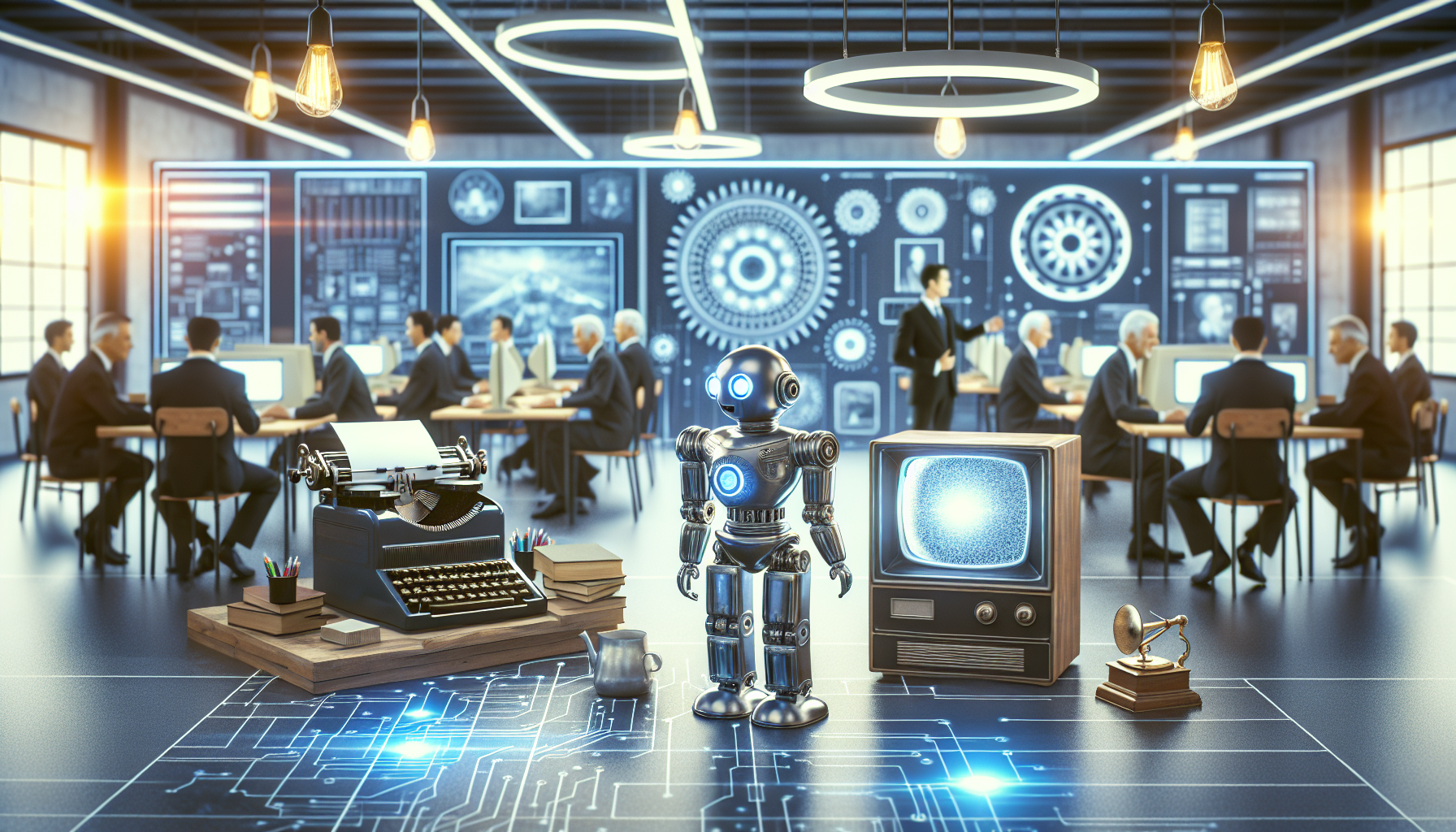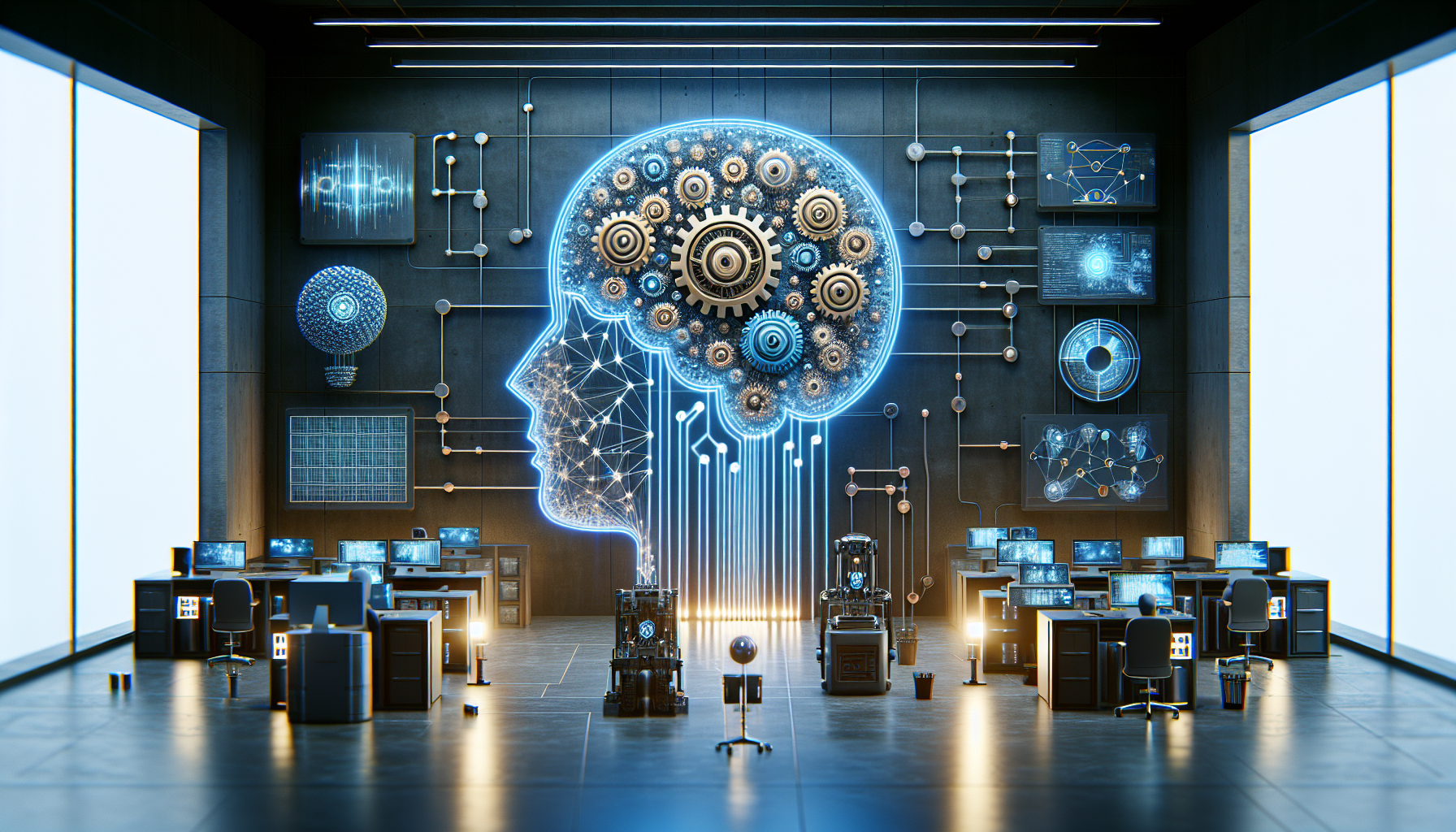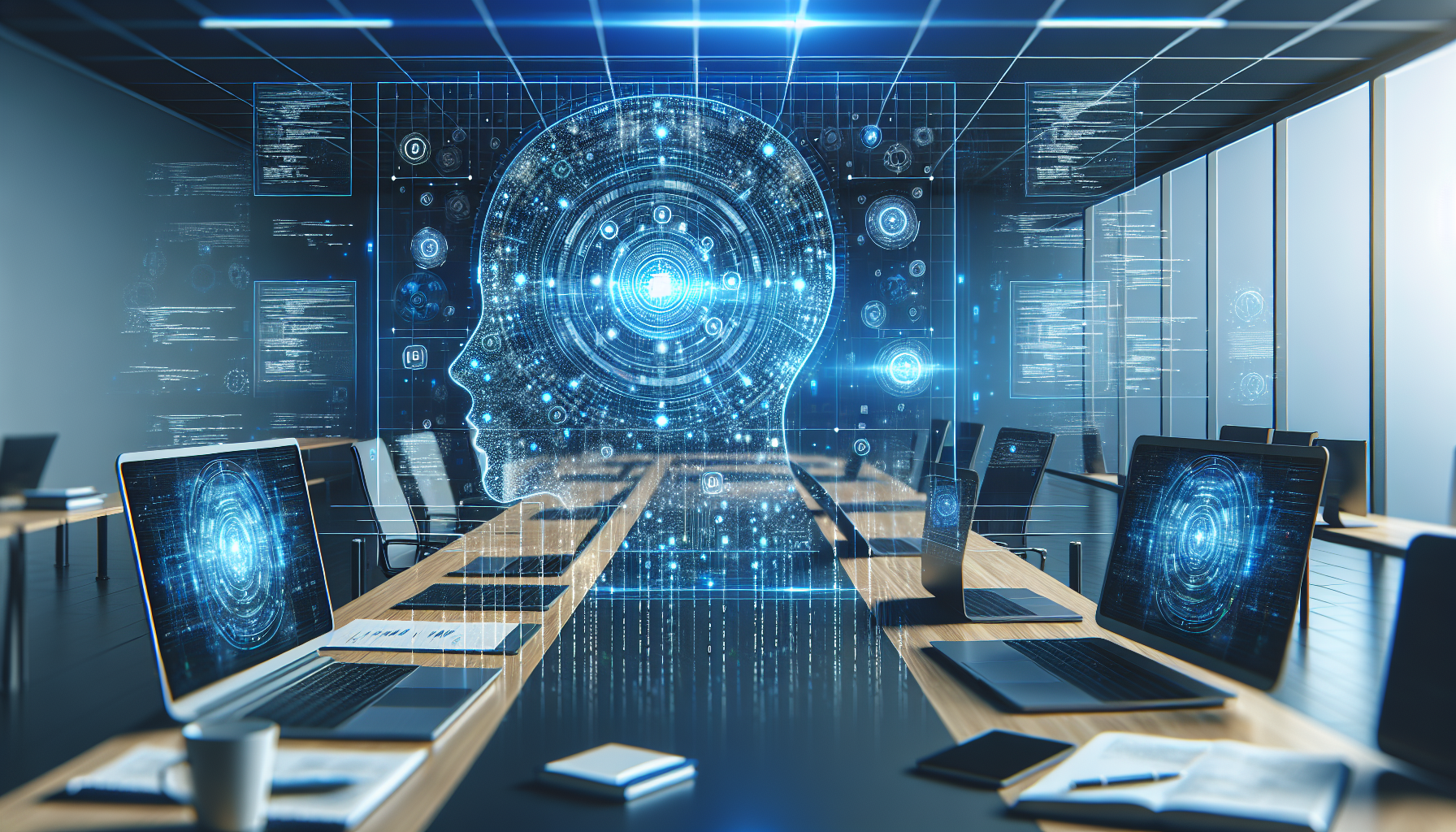
AI and Robotics: A Double-Edged Sword in Human-Machine Collaboration
August 19, 2025
Artificial intelligence paired with robotics is often heralded as the dawn of a new era in human-machine collaboration. Yet, beneath the shiny veneer of progress lies a complex web of challenges and ethical dilemmas that demand our immediate attention. The narrative that AI and robotics will seamlessly integrate into our work and lives, enhancing our capabilities and efficiency, is not only overly optimistic but, in many respects, misleading.
The idea that robots will shoulder mundane tasks, allowing humans to engage in more creative and rewarding pursuits, is appealing. However, it glosses over the harsh reality that such a transition is seldom smooth or equitable. When we delve deeper into the implications of AI-driven automation, we uncover significant disruptions to labor markets. Jobs that were once secure are disappearing at a pace that far outstrips the creation of new roles. While proponents argue that technological progress inevitably leads to job creation, they often fail to address the interim period of economic and social upheaval.
Moreover, the integration of AI and robotics into various sectors raises profound ethical concerns. The increasing reliance on intelligent machines in critical areas such as healthcare, law enforcement, and transportation is fraught with risks. In healthcare, for instance, AI systems are being developed to diagnose diseases and even perform surgeries. While these advancements can potentially improve accuracy and efficiency, they also raise questions about accountability and the margin for error. If an AI system misdiagnoses a patient, who is responsible—the developers, the operators, or the machine itself?
In law enforcement, AI-driven surveillance systems promise enhanced security but at the cost of privacy. The deployment of facial recognition technologies has sparked intense debate over civil liberties and the potential for misuse. Can we trust that these systems will be used ethically, or are we unwittingly paving the way for a surveillance state?
Transportation, too, is on the cusp of a revolution with self-driving cars. While these vehicles could reduce accidents caused by human error, they also present new challenges. The ethical dilemma of programming machines to make life-and-death decisions in emergency situations remains unresolved. Additionally, the widespread adoption of autonomous vehicles could devastate industries reliant on human drivers, leading to significant job losses.
The narrative of AI as a benevolent force reshaping society for the better is incomplete without addressing its inherent biases. AI systems are only as good as the data they are trained on, and if that data reflects societal biases, the systems will perpetuate them. Instances of AI applications exhibiting racial, gender, or socioeconomic biases are well-documented, yet solutions remain elusive. The promise of objectivity in AI is overshadowed by the reality of biased algorithms that can have far-reaching consequences in hiring, law enforcement, and beyond.
Furthermore, the environmental impact of AI and robotics is often overlooked. The computational power required for training complex AI models is immense, contributing to carbon emissions and environmental degradation. As AI systems become more sophisticated, the demand for energy-intensive data centers will only increase, challenging the notion of AI as a sustainable solution.
In considering the future of human-machine collaboration, it is crucial to question who stands to benefit and who will bear the brunt of the transition. The concentration of AI expertise and resources in the hands of a few tech giants raises concerns about monopolistic power and the marginalization of smaller players. This imbalance could stifle innovation and exacerbate existing inequalities.
As we navigate this brave new world, it is imperative to adopt a more nuanced perspective on AI and robotics. Policymakers, technologists, and society at large must engage in a candid discourse about the potential pitfalls and unintended consequences of these technologies. Blind optimism serves neither innovation nor the public good.
Are we prepared to grapple with the ethical, economic, and environmental challenges that accompany the rise of AI and robotics? Or will we allow our fascination with technological prowess to eclipse the need for responsible stewardship? These are the questions that should provoke reflection and action as we stand on the precipice of a future shaped by human-machine collaboration.


